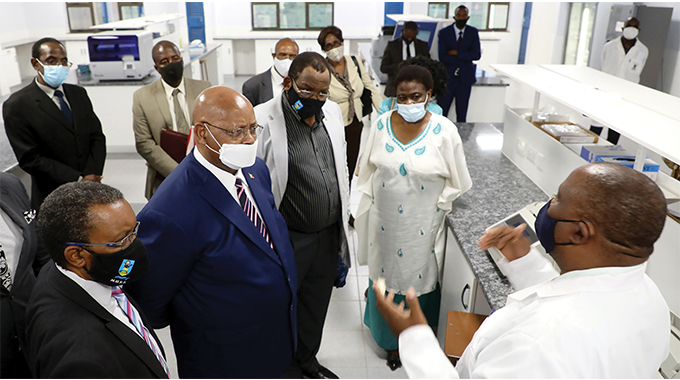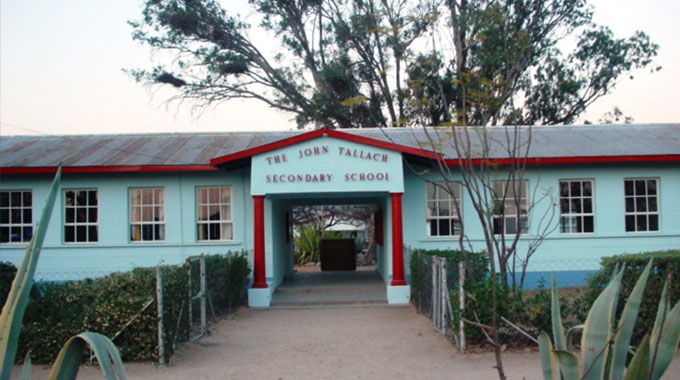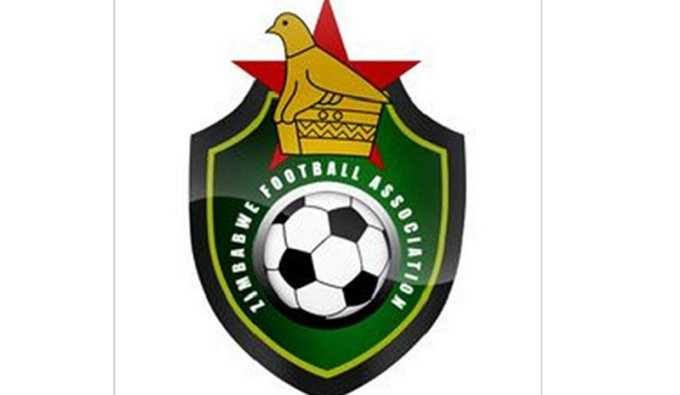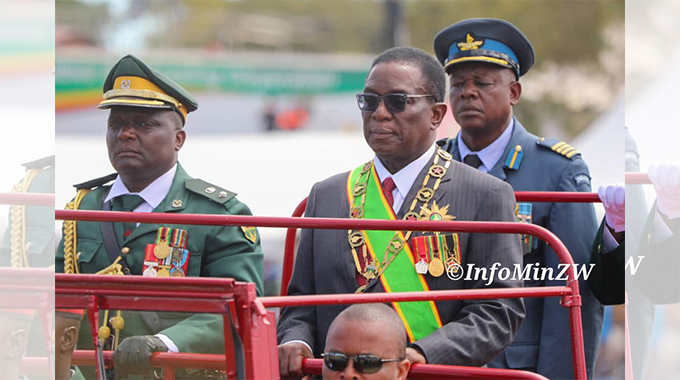WATCH: NUST to conduct Gukurahundi DNA tests

Mashudu Netsianda, Senior Reporter
GOVERNMENT is working on a law that will guide the process of exhumations of the remains of Gukurahundi victims in Matabeleland and the Midlands with the National University of Science and Technology (Nust) expected to conduct the genetic studies.
Last month President Mnangagwa held a consultative meeting with traditional leaders from Matabeleland provinces at State House in Bulawayo.
During the meeting it was resolved that traditional leaders will now take over the exhumation and reburial of victims of Gukurahundi in Matabeleland and Midlands, while Government will fund the process as part of initiatives to bring closure to the emotive issue and promote national healing.
The Second Republic has made a commitment to confront the country’s past by resolving outstanding issues associated with the disturbances that took place soon after Independence.
Government is also set to start issuing civic documents to children of the victims of the disturbances, including death certificates for those who died.
Speaking during a stakeholders’ meeting with tertiary institutions in Matabeleland at Nust yesterday, the Speaker of Parliament Advocate Jacob Mudenda said Government is in the process of working on a law that will be used as a guideline when the process of exhumations of Gukurahundi victims starts.
“Genetic studies will assist us in a big way as we exhume a number of our fallen heroes in various parts of this country and outside whose relatives want their bodies exhumed. The same will apply to the victims of the Gukurahundi incident,” he said.
“It is important that the remains of those that are to be exhumed are properly identified and Nust will play a critical role in this exercise. We need a law to guide us and Government is putting in place that law to guide us in terms of how these exhumations should be conducted with the greatest dignity of human remains.”
The director of Nust Applied Genetic Testing Centre (AGTC), Mr Zephaniah Dhlamini said they were prepared to conduct the genetic studies once there is a law to guide them.
“There are mass graves of Gukurahundi victims in Matabeleland and if we are asked to do the genetic studies, we can do it, but we need a law to guide us. That law has many databases, you can have a criminal database of habitual criminals then there is a missing persons database and in that missing database it will cover whether you were missing from the liberation war or Gukurahundi era, the law will be there to provide for that,” he said.
“If a mother comes forward and says she is missing a child under those circumstances then her DNA is taken and put in the database. Should a mass grave be found in the area or vicinity where she suspects the child was when those bones were profiled, then we go to that database and compare the bones. We need that law in place and political will to bring this to closure using science not speculation.”
Adv Mudenda also commended Nust’s AGTC for partnering Mpilo Central Hospital in conducting Covid-19 PCR tests. Nust is also assisting Mpilo and United Bulawayo Hospitals (UBH) in repairing broken down ventilators as well as producing hand sanitisers and masks.
“In the same vein, I am also acutely aware that Nust has been in the process decentralising testing from Bulawayo and producing face masks and 2000 litres of hand sanitizers per week with plans to expand this productive capacity,” he said.
“I must also commend Nust’s Applied Genetic Testing Centre for partnering Mpilo Central Hospital in conducting Covid-19 PCR tests in line with the principle of devolution.”
Adv Mudenda challenged the country’s tertiary institutions to be proactively innovative in an effort to be transformative of Zimbabwe’s socio-economic environment through the Fourth Industrial Revolution template anchored on Education 5.0
“The Education Model 5.0 resonates profusely with the constitutional dictate on national development as espoused in Section 13 of our Constitution. However, in order for tertiary institutions and the academia to fully conceptualise the tenet of Education 5.0, cognisance must be taken of the historical antecedents pronounced by our regional Sadc leaders in their ‘Regional Indicative Strategic Development Plan’ as read together with the ‘SADC Protocol on Science, Technology and Innovation,’” he said.
“The crux of these two seminal documents is that the development matrix must be science and technology-driven at all times.”-@mashnets











Comments